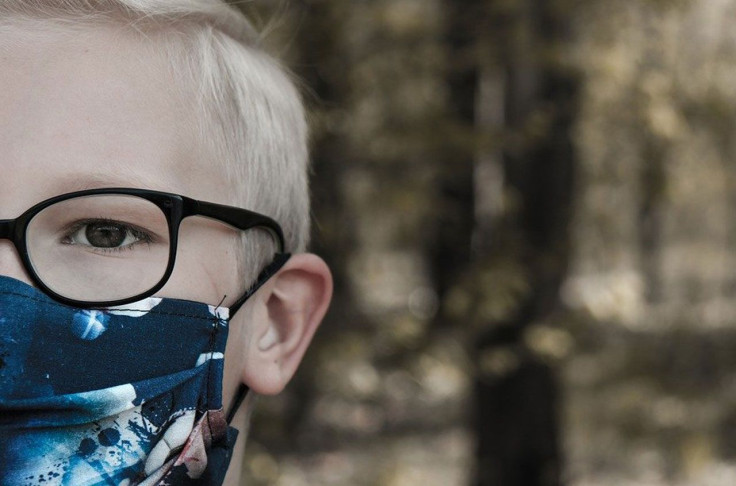Coronavirus ‘Silent Spreaders’: Asymptomatic Kids Could Be More Infectious Than Sick Adults, Study Says
KEY POINTS
- School reopening raised concerns about coronavirus transmission among children
- New study revealed kids may not show symptoms but they carry high viral loads
- This raised concerns that children may be functioning as "silent spreaders"
Asymptomatic children could be more contagious than severely sick adult COVID-19 patients, researchers say.
With schools in several states reopening, health experts have expressed concern about the possibility of the presence of coronavirus "silent spreaders" among the kids. And now a new study, conducted by researchers from Massachusetts General Hospital (MGH) and Mass General Hospital for Children, says that kids with mild or no symptoms can spread the virus.
Some previous studies have shown that many children who contracted COVID-19 experience milder symptoms compared to adults. But they could not find solid evidence to prove that children are major contributors to the spread of the deadly virus that has already caused the death of more than 177,000 people in the United States.
The new study showed that infected children, even those without any symptoms such as the recent case of the student who attended school in Oklahoma, are more contagious than severely ill adults. The researchers found that some kids had extremely high levels of the virus in their airways, particularly in the first three days of the infection, even if they displayed little or no symptoms. This suggests that the role of children in community spread is bigger than initially thought.
Dr. Alessio Fasano, Massachusetts General Hospital’s Mucosal Immunology and Biology Research Center director and the author of the study, explained that contrary to what was initially believed, kids are not immune from the pandemic.
"Some people thought that children might be protected, but this is incorrect, as they may be as susceptible as adults — but just not visible,” Fasano said. He added that since children seldom show symptoms, they were largely ignored and not tested at the start of the outbreak. In reality, they may have been functioning as "silent spreaders".
Two previous studies also had stressed on the role of children in spreading coronavirus, The Washington Post reported. One of the studies, published in JAMA Pediatrics on July 30, found that children less than five years old with mild to moderate coronavirus-related illness have high levels of the virus in their noses when compared to older kids and adults. In another study, South Korean researchers suggest that older kids could spread the virus in the same manner as adults do, while younger children were less likely to do so.
The new study also suggests that kids carry a huge amount of viral load, meaning they are very contagious even if they do not develop a coronavirus-related illness.
"There has been some conflicting data out there about the degree to which children can be contagious," said Dr. Marybeth Sexton, an infectious disease assistant professor at the Emory University School of Medicine in Atlanta, who was not involved in the research.
The study, titled “Pediatric SARS-CoV-2: Clinical Presentation, Infectivity, and Immune Responses", was published in the Journal of Pediatrics on Thursday.

© Copyright IBTimes 2024. All rights reserved.





















